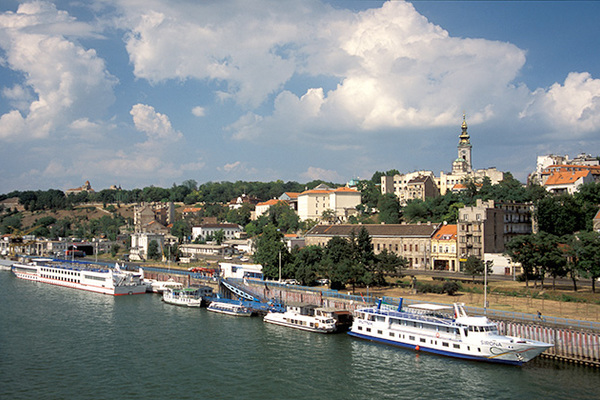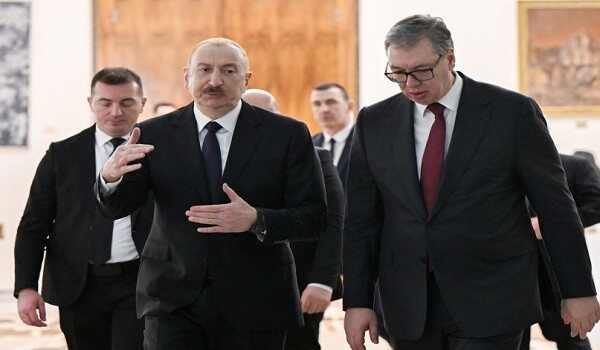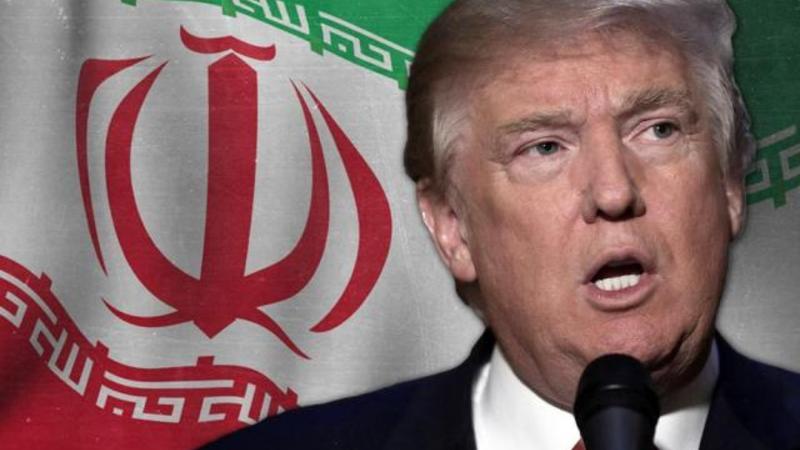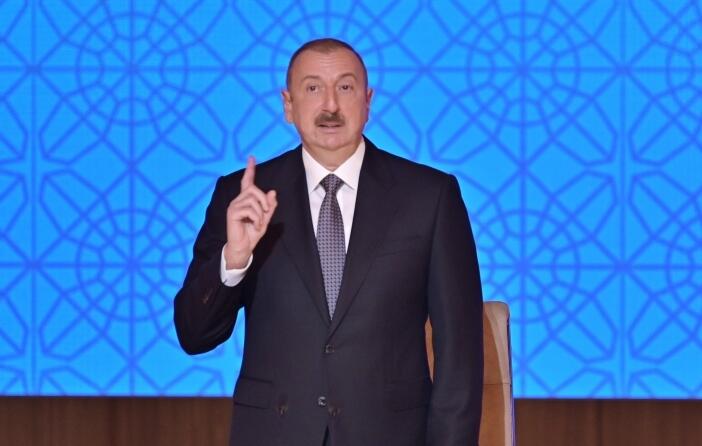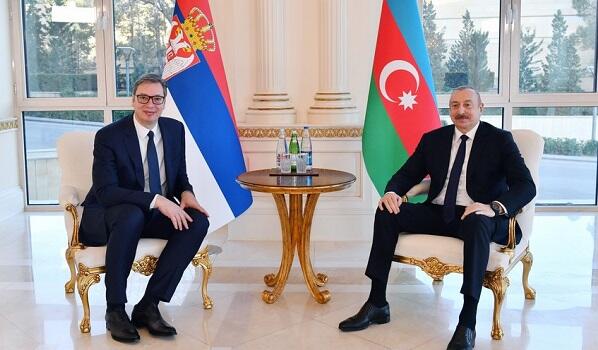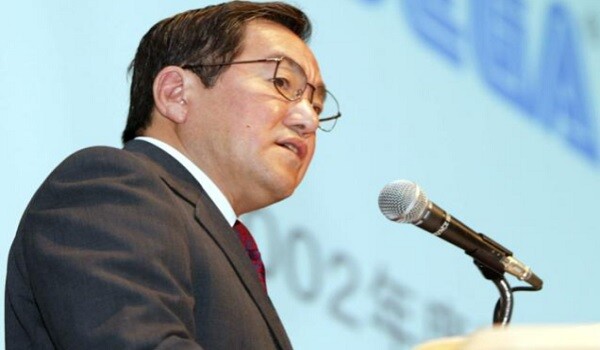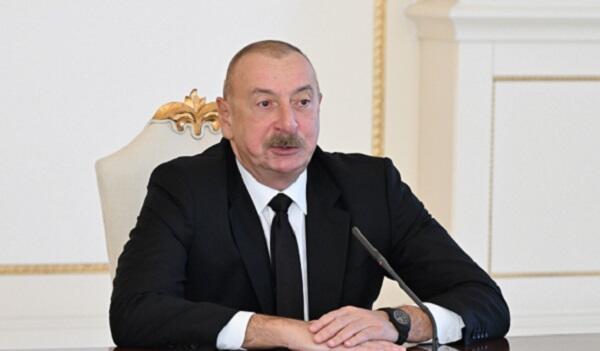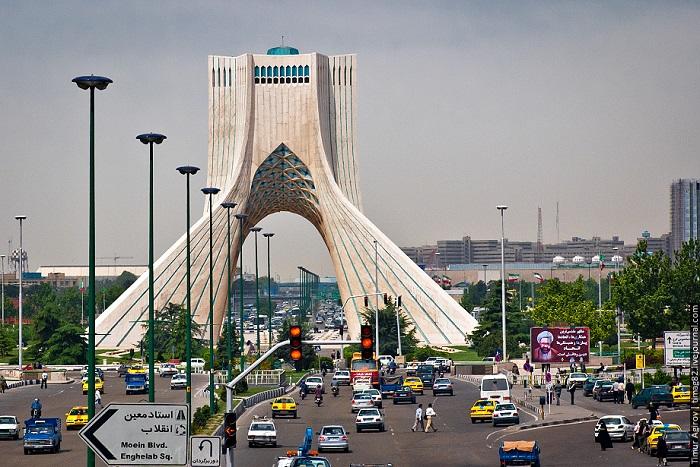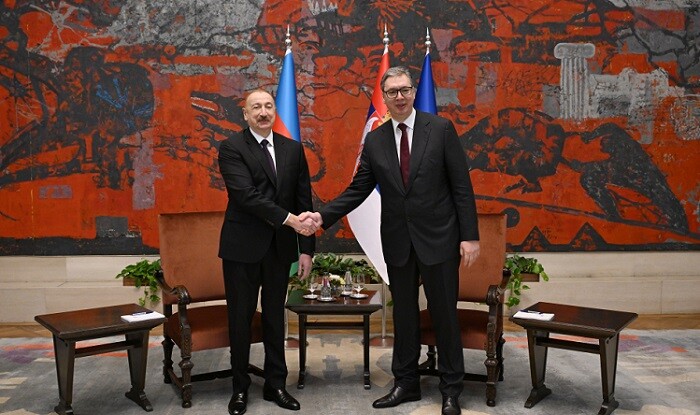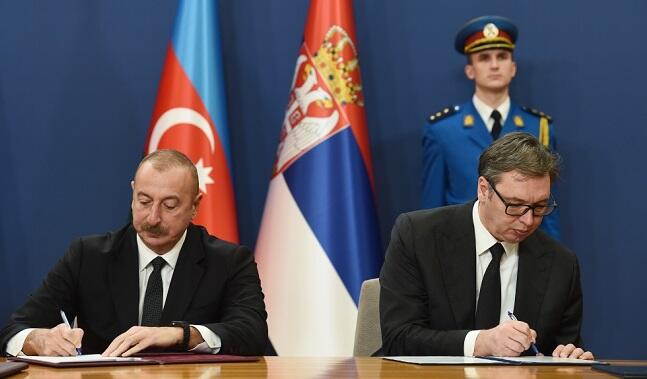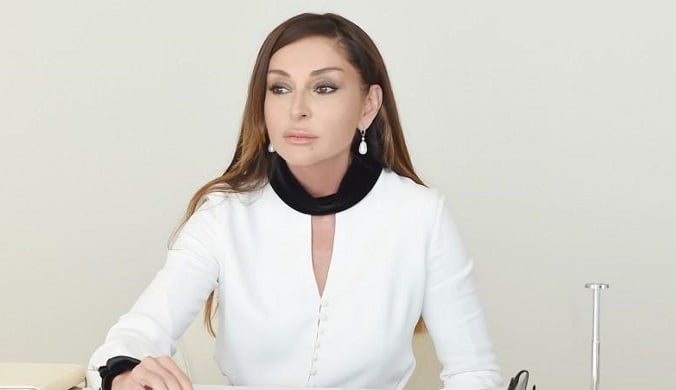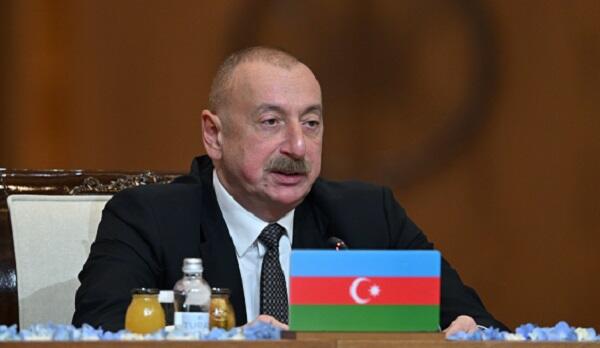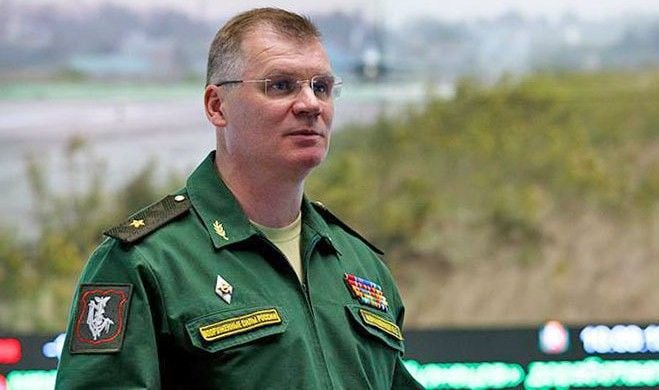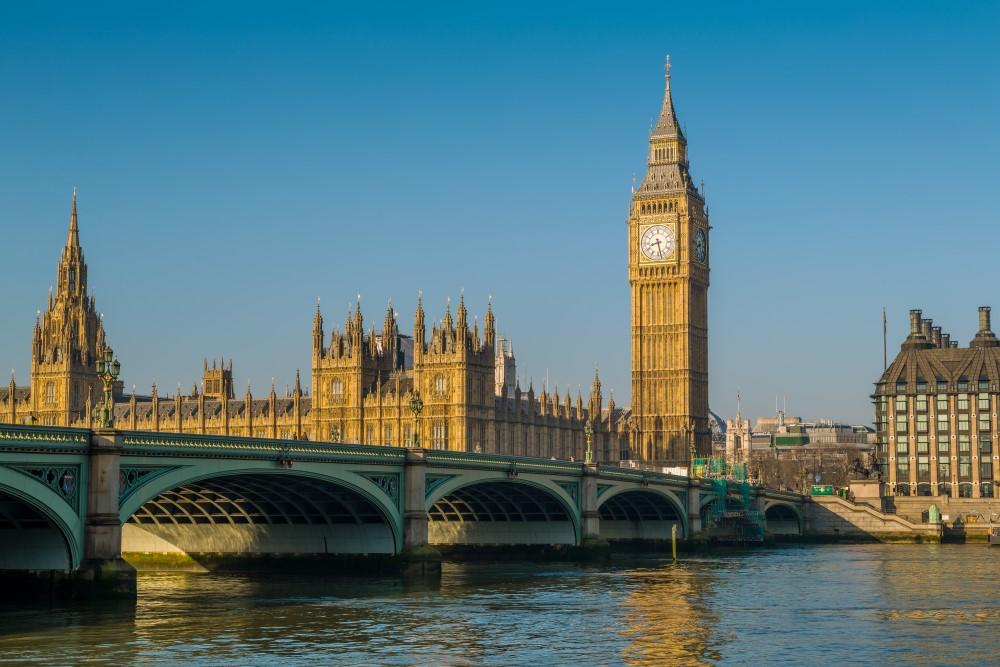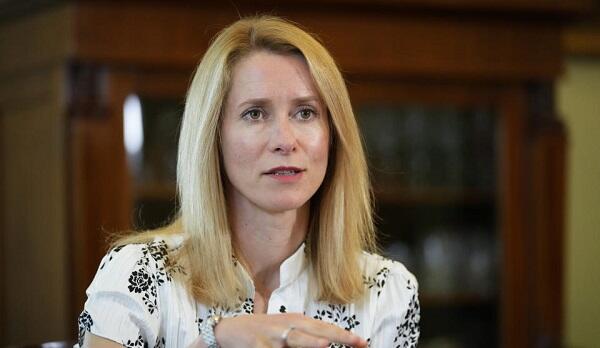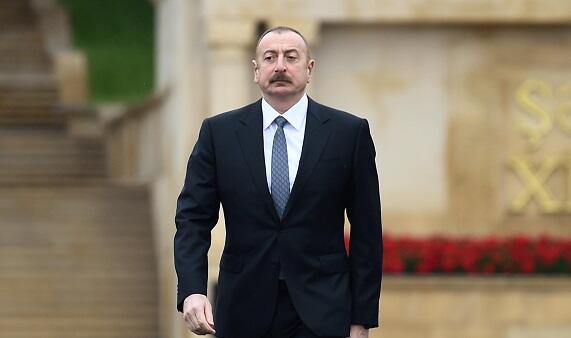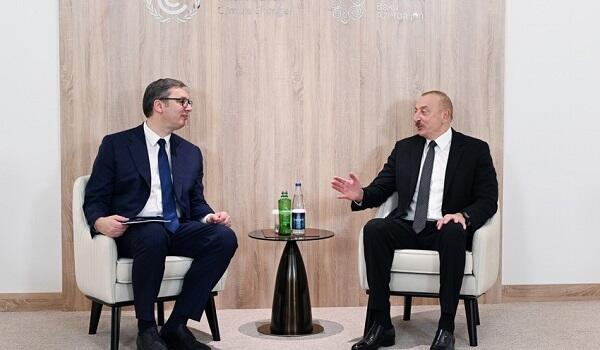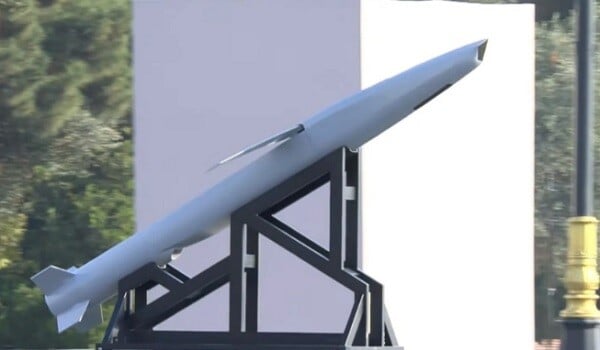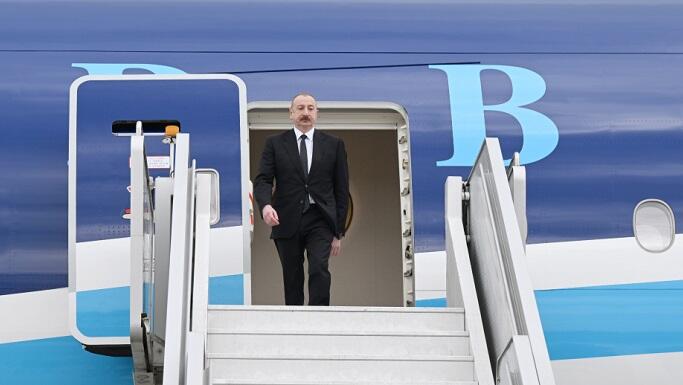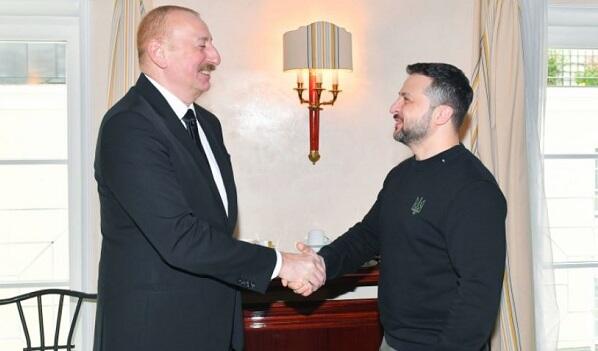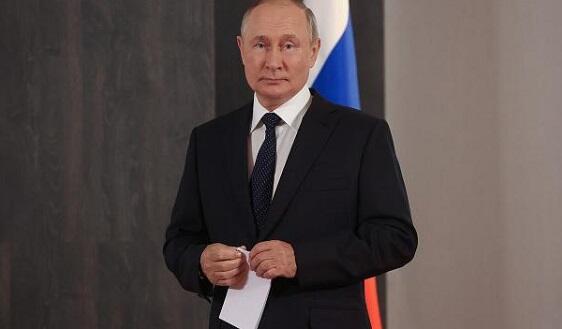In 2025, if the war ends and a ceasefire is signed, interesting processes will unfold in Russia. Of course, any result will be presented as a "victory" by Putin and his team. If the war halts along the current front lines, the Kremlin will claim that the Azov Sea is now part of our internal waters, we completely took over the Luhansk region, 70% of Donetsk, 65% of Zaporizhzhia, and 70% of Kherson have been "liberated from occupation." It is possible that the Russian population will accept this as a "win," thanks to the Kremlin’s strong "brainwashing" machinery. However, the real problems will start after the "ceasefire."
Axar.az reports that Natiq Cəfərli (jafarli), chairman of ReAL, stated this.
He noted that today, Russia is paying about 200,000 rubles per month to close to 800,000 soldiers (excluding officers), and these soldiers are joining the "volunteer" army primarily for the salary:
"I would like to remind you that in 2022, when the war began, the median salary in Russia was 40,000 rubles. The median salary appeared higher in Moscow and the other 5 major cities, but excluding them, the median salary in the regions was 18,500 rubles. Most of the soldiers fighting for the salary as 'volunteers' today come from the regions. When the war ends, hundreds of thousands of people, who were earning over 200,000 rubles a month, will return home. Along with the psychological trauma caused by the war, they will have to go back to jobs that pay ten times less — this will create major societal problems.
Moreover, Russia's economy has shifted to a "military track," with trillions of rubles allocated by the state, and 4 million new jobs have been created in the Military-Industrial Complex (MIC) (both direct and indirect). These workers also earn high salaries, with an average wage of 105,000 rubles. After the war ends, there will be no need for so many tanks and military ammunition, so many workers will be laid off. The Russian MIC, figuratively speaking, cannot switch from tank production to iron pressing. This means that hundreds of thousands of people will become unemployed in this sector as well — creating another potential source of tension in society.
Trump's new oil and gas strategy will likely drive oil prices below $60 in the next 6-8 months, and fundamental sanctions against Russia will remain, though some softening may occur. However, these relaxations will not compensate for the drop in oil and gas prices, which are Russia’s main revenue source. Therefore, we will observe a worsening economic situation in Russia.
As internal tensions rise in Russia, there will be a search for "scapegoats." Migrants are prime candidates for this role, and the Kremlin has recently introduced stricter conditions regarding migrants. It is highly likely that, as the socio-economic situation worsens, they will become the primary target.
The expert further stated that the West’s expectation of “everything will improve if Putin leaves” is highly mistaken:
"Putin is the last Russian president who will be able to communicate with death itself in the easiest and fastest way. As liberal as he can be within Russia’s limits, the next leader will undoubtedly be a military figure, someone who will establish a harsher regime — the strategy to counter this is to understand Russia’s system and 'hug it to death' with Putin."
